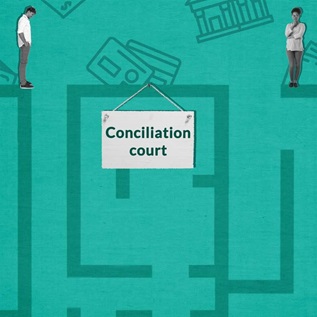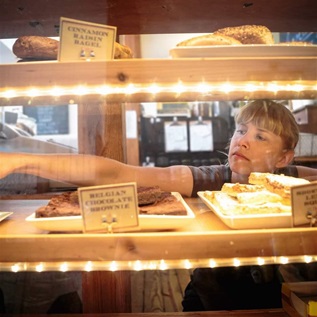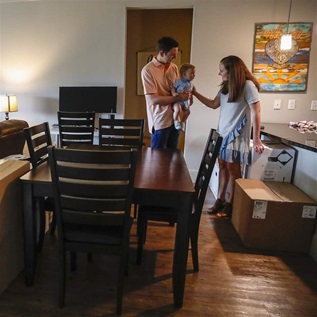More Than Half of Top 12 U.S. Banks Now Use Pew's Model Checking Disclosures
WASHINGTON — SunTrust voluntarily adopted The Pew Charitable Trusts' disclosure summary for checking accounts today, becoming the seventh of the 12 largest banks in the country now using the simple disclosure box. Currently, this consumer-friendly information is available to over 40 percent of the US market, by deposit volume.
“As more and more banks adopt greater transparency about the fees, terms, and conditions that apply to accounts, consumers are able to educate themselves, understand the products they are using, and comparison shop to find the best product to meet their needs,” said Susan Weinstock, director of Pew's Safe Checking in the Electronic Age Project. “With more educated consumers, we hope other banks will follow suit and adopt an easy-to-understand format for their information.”
SunTrust is joined today by Suncoast Schools Federal Credit Union and UW Credit Union in adopting the model disclosure form created by Pew. This has guided many financial institutions in making their checking account terms and fees more transparent and easier for consumers to understand.
Until recently, most financial institutions did not make key information that is relevant to consumers understandable or easy to find, such as overdraft options and fees, which can maximize the cost to the consumer. This issue was exacerbated by the length of the disclosure documents. Pew's research, Still Risky: An Update on the Safety and Transparency of Checking Accounts, found that among the nation's 12 largest banks, these documents have a median length of 69 pages, making it difficult for consumers to comparison shop for an account that best meets their needs. Pew's model disclosure box serves as a tool for consumers to assess different types of accounts and banks by summarizing long, complex disclosure documents into a shorter, standardized form.
“At SunTrust, we are focused on lighting the way to financial well-being for existing and potential clients,” said Whitney Stewart, Mass Market Segment & Value Added Services Executive at SunTrust. “Providing clear, concise information about our products and services in a more standardized format aligns with that purpose.”
Pew also urges the Consumer Financial Protection Bureau (CFPB) to use the data collected through the agency's Request for Information and Still Risky to study the impact of key banking practices on consumers and to enact reforms requiring financial institutions to:
- summarize information about checking account terms and fees in a concise, uniform format;
- provide account holders with clear, comprehensive terms and pricing information for all available overdraft options;
- make overdraft penalty fees reasonable and proportional to the financial institution's costs in providing the overdraft loan; and
- post deposits and withdrawals in a fully disclosed, objective, and neutral manner that does not maximize overdraft fees.
Bank of America, Cape Cod Five Cents Savings Bank, Capital One, Chase, Citibank, Eastman Credit Union, Fifth Third Bank, Inland Bank, North Carolina State Employees' Credit Union, Pentagon Federal Credit Union, TD Bank, Town and Country Bank, University of Illinois Employees Credit Union, Webster Bank, and Wells Fargo all have voluntarily adopted Pew's model disclosure over the past year.
The Safe Checking in the Electronic Age Project aims to restore transparency, fairness, responsibility, and free market principles to one of the most common consumer financial products – the checking account.
The Pew Charitable Trusts is a nonprofit organization that applies a rigorous, analytical approach to improve public policy, inform the public, and stimulate civic life.











